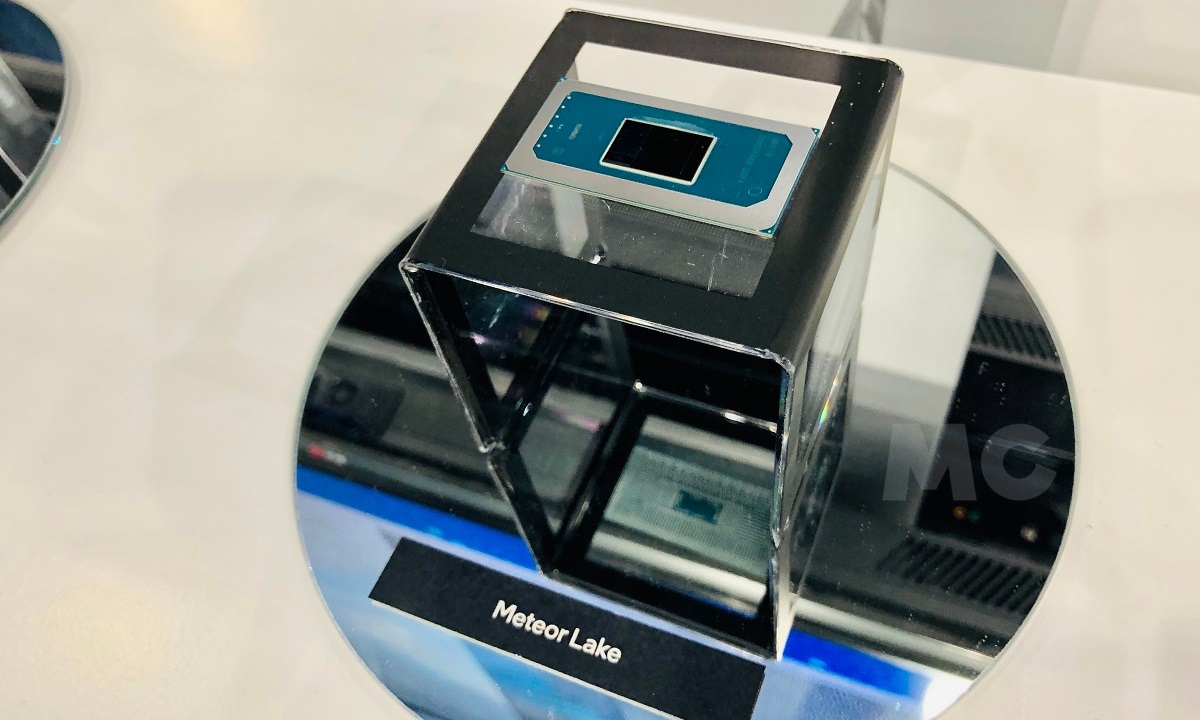
Meteor Lake-S, which would become the next generation of Intel desktop processors, does not finish consolidating its future market launch. First it seemed that it was going to appear, then the cancellation rumors came, then the possibilities of it being released to the market returned and now the rumors about its cancellation have returned.
The OneRaichu leaker tries to keep an eye on future releases from Intel, and apparently, the chip giant would have made the decision to cancel Meteor Lake-S and move forward with Arrow Lake-S, a line that would see the light of day sometime in the year 2024. Last April we reported that the two lines of processors could see the light of day at the same time as parts of the fourteenth generation of Intel Core processors. However, the company has been able to make the decision to change course and bet everything on Arrow Lake.
The plans we detailed last month were for Meteor Lake to span the Core i3 and Core i5 ranges, while Arrow Lake would span the Core i7 and Core i9 ranges. This would be feasible thanks to the fact that both lines are projected to be supported by the LGA-1851 socket, so the scenario would be similar to that seen with Alder Lake and Raptor Lake, which are compatible with the LGA-1700 socket and consequently the door to reuse a board oriented to the first to mount a processor of the second.
I am so sad for Meteor Lake-S dead.
RIP
(In the May RM for intel client, MTL-S is canceled final and ARL-S 6+8 will die instead.)— Raichu (@OneRaichu) May 22, 2023
While this information is rumor, OneRaich has been very blunt in saying that he is “very sad about the death of Meteor Lake-S”. The consequence of that is that Arrow Lake-S is now aiming to come with a maximum configuration of six high-performance cores and eight low-power cores., which is a reduction from the eight high-performance cores and sixteen efficient ones that were expected. The expectation remains to use Lion Cove for high performers and Skymont for efficient ones.
The alleged move made by Intel aligns with what AMD is supposed to be doing, since the red giant seems that it will maintain the maximum configuration of sixteen physical cores for Ryzen 8000. The two giants of x86 processors may be reserving better cards for the future, since sales of PC components are not going back and the dark year 2023 that some predicted is being confirmed. With such low expectations, it is likely that both Intel and AMD have decided to wait for a better time to introduce generations of processors with a more revolutionary spirit.
It is important to note that none of this has official backing, but the depressed market is an invitation for companies to take minimal risk.



